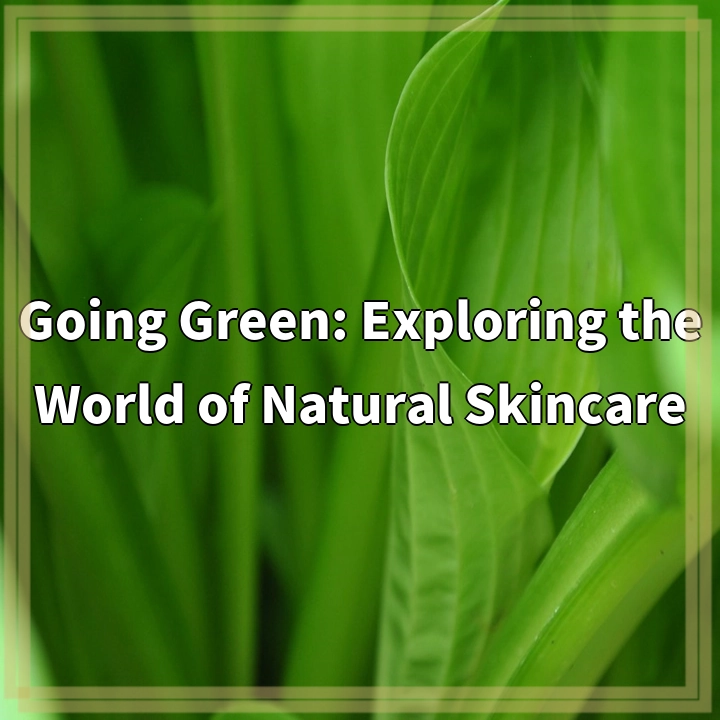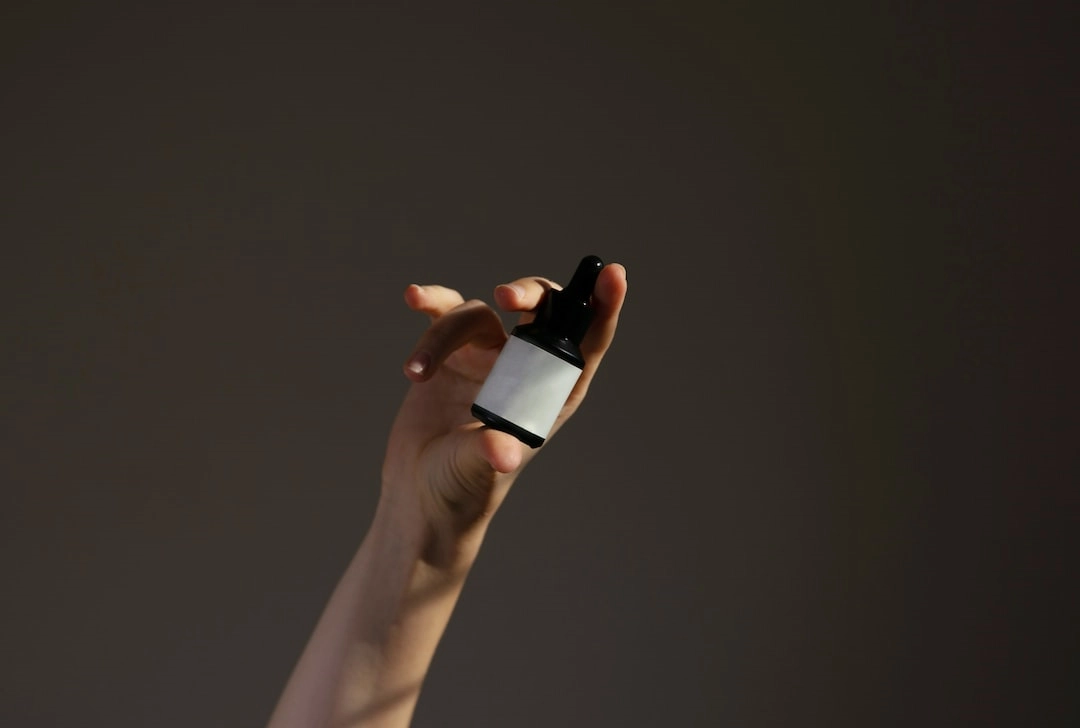
What is Natural Skincare?
Natural skincare refers to the use of products made from ingredients that are derived from nature, such as plants, herbs, fruits, and minerals. These products are typically free from harsh chemicals, synthetic fragrances, and additives commonly found in conventional skincare products.
Exploring the Benefits of Natural Skincare
There are several reasons why people choose to go green with their skincare routine:
- Gentle on the skin: Natural ingredients are often less irritating and gentler on the skin compared to synthetic ones, making them suitable for those with sensitive skin.
- Environmentally-friendly: Manufacturing conventional skincare products often involves the use of harmful chemicals and excessive packaging, which can contribute to pollution and environmental degradation. Natural skincare focuses on sustainable and eco-friendly production methods.
- Avoiding toxins: Many conventional skincare products contain harmful chemicals like parabens, phthalates, and sulfates that may have adverse effects on our health in the long run. Natural skincare eliminates or limits exposure to these potentially harmful substances.
- Cruelty-free: Natural skincare brands tend to prioritize ethical practices and avoid animal testing.
Real-World Problems Associated with Natural Skincare
While natural skincare offers many benefits, it also faces some challenges:
1. Misleading Marketing Claims
With the growing popularity of natural skincare, many brands make misleading claims about their products’ naturalness. Greenwashing – the act of promoting products as more natural and eco-friendly than they actually are – can make it challenging for consumers to differentiate between genuinely natural products and those that are not.
2. Limited Shelf Life
Due to the absence of synthetic preservatives, natural skincare products may have a shorter shelf life compared to conventional ones. This can be a drawback for those who prefer long-lasting products or for businesses managing inventories.
3. Price Considerations
Natural skincare products, especially those made with organic ingredients, can be more expensive than their conventional counterparts. This higher cost is often attributed to the sourcing and processing of natural ingredients, as well as the use of sustainable packaging materials.
4. Individual Sensitivities and Allergies
While natural skincare products are generally well-tolerated, some individuals may still experience skin reactions or allergies to certain natural ingredients. It’s important to be aware of personal sensitivities and perform patch tests before introducing new products.
Conclusion
As consumers become more conscious about the effects of their choices on their well-being and the environment, natural skincare continues to gain popularity. By understanding the advantages and challenges associated with natural skincare, individuals can make informed decisions and contribute to a greener and healthier world.

Solutions for Natural Skincare
1. Educate Yourself and Read Labels
Take the time to educate yourself about natural skincare ingredients and familiarize yourself with common certifications and labels. Look for transparent brands that disclose their sourcing and production methods. Reading product labels can help you identify and avoid brands that engage in greenwashing.
2. Support Genuine Natural Skincare Brands
By supporting brands that genuinely prioritize natural and sustainable practices, you are encouraging a shift towards more environmentally-friendly and ethical skincare. Look for certifications like USDA Organic, COSMOS, or Ecocert to ensure the products meet strict organic standards.
3. Research and Seek Recommendations
Before purchasing a natural skincare product, do some research and read reviews from trusted sources. Seek recommendations from friends, family, or online communities who have experience with natural skincare. Their insights can help you find effective and reliable brands.
4. Perform Patch Tests
If you have sensitive skin or allergies, it’s important to perform patch tests before incorporating new natural skincare products into your routine. Apply a small amount of the product on a small area of your skin and monitor for any adverse reactions before using it more extensively.
5. Consider DIY Skincare
If you are concerned about misleading marketing claims or the cost of natural skincare products, consider exploring DIY (do-it-yourself) skincare. This way, you have full control over the ingredients used and can tailor products to your specific needs.
6. Embrace Minimalism
Adopting a minimalist approach to skincare can help reduce dependency on multiple products. Focus on quality rather than quantity and prioritize products that serve multiple purposes, reducing waste and saving money.
7. Advocate for Stronger Regulations
Support organizations and initiatives that advocate for stricter regulations in the skincare industry, demanding transparent labeling and stricter guidelines for natural skincare claims.
In Conclusion
While natural skincare has its challenges, there are solutions to navigate them. By being well-informed, supporting genuine brands, performing patch tests, and exploring DIY options, you can enjoy the benefits of natural skincare while contributing to a more sustainable and ethical beauty industry.















